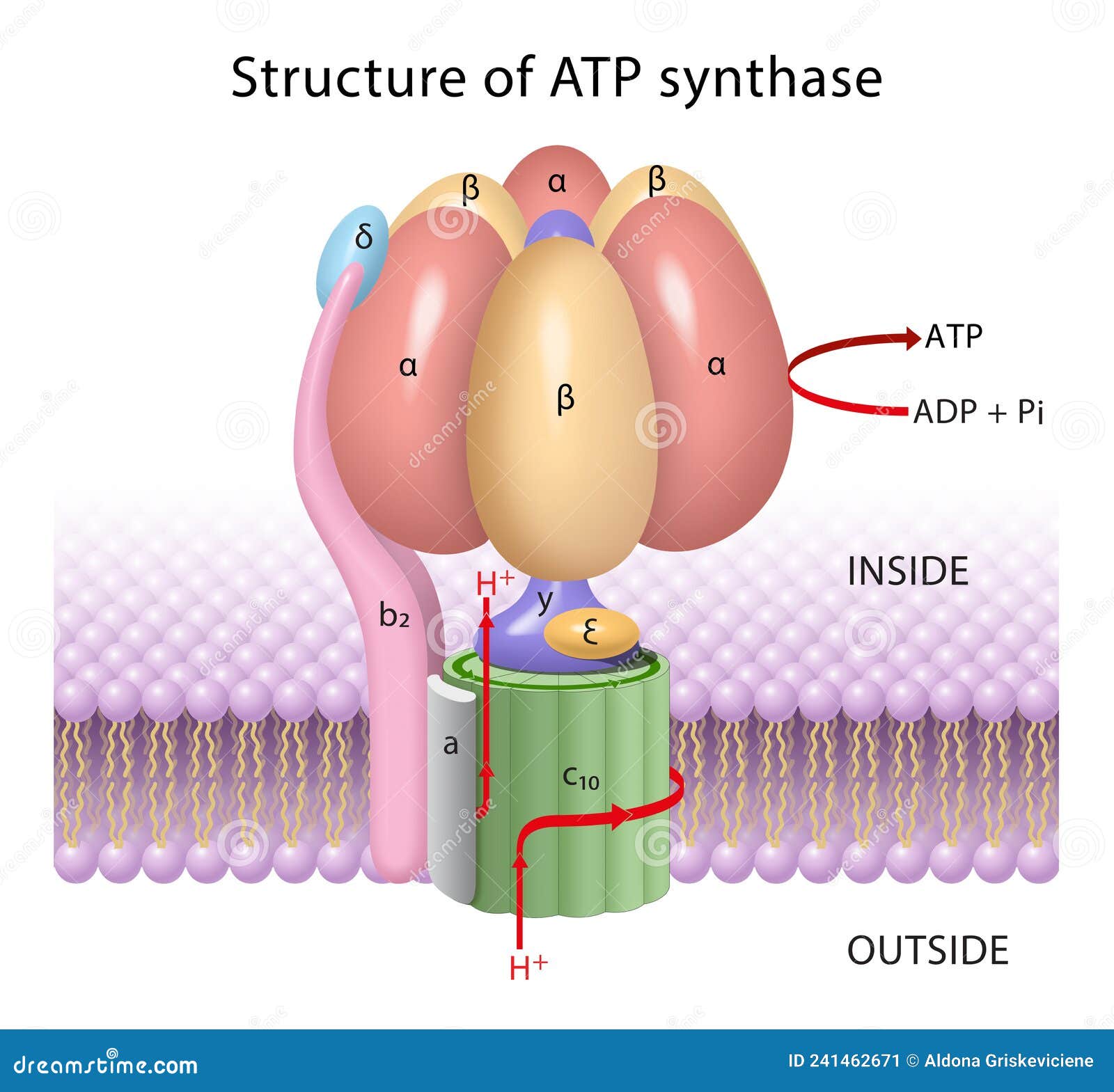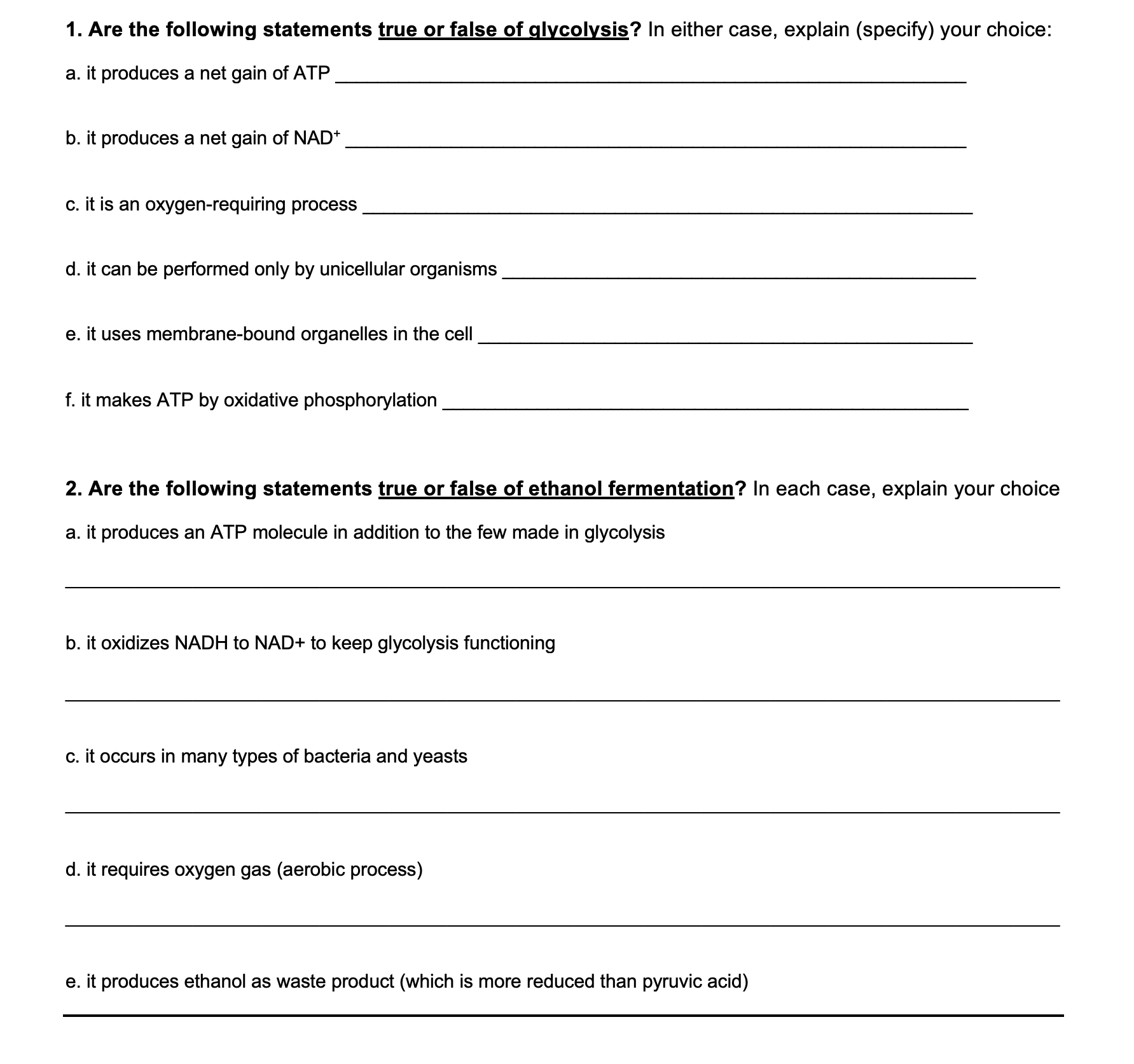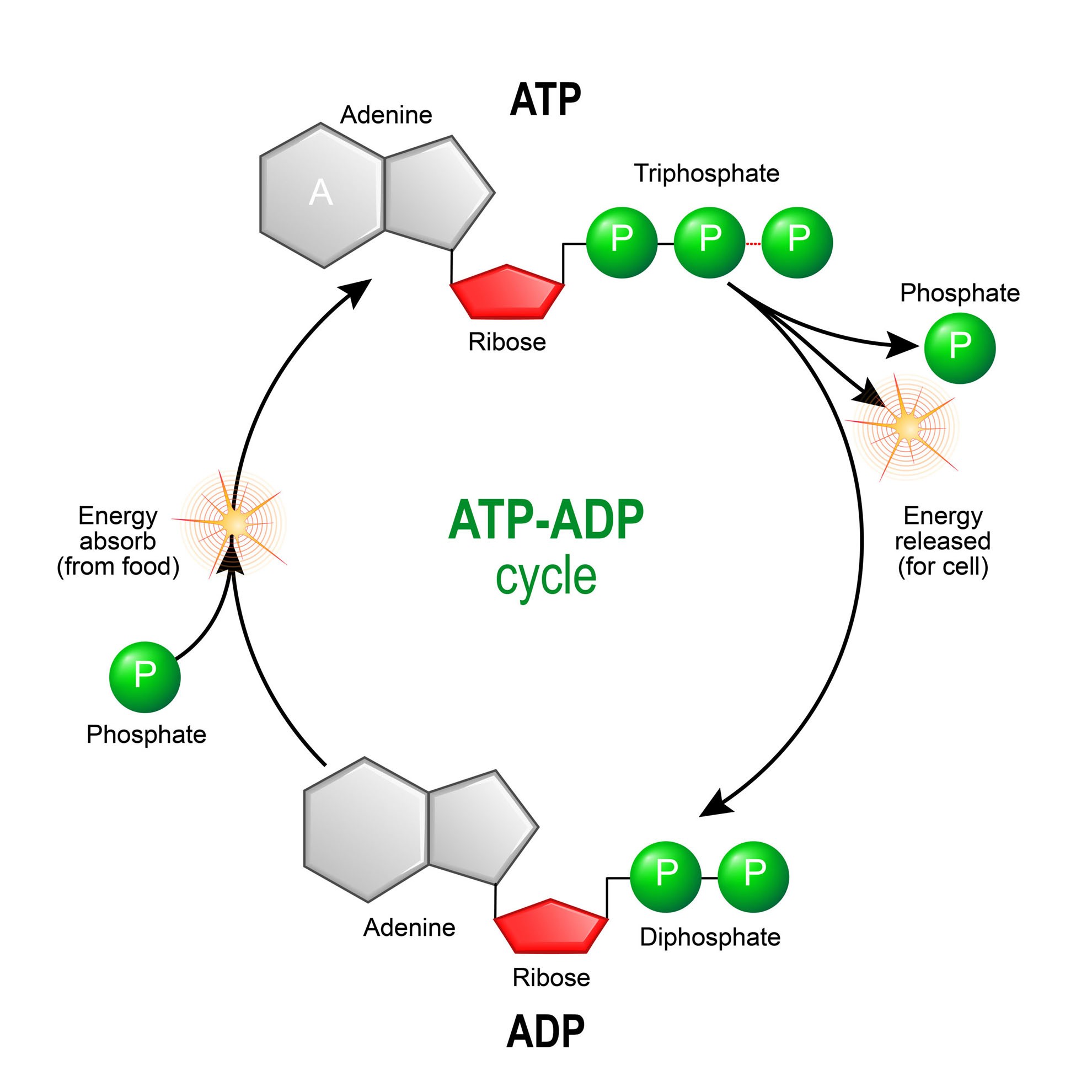Most critically, enzymes catalyze all aspects of cell metabolism. Enzymes ’ function is to help trigger bodily processes ranging from digestion to blood clotting to growth. · enzymes provide help with facilitating chemical reactions within each cell. Creating an answer for you using ai. Ai-generated content may sometimes contain inaccurate, incomplete, or biased information, so make sure you do additional research. An enzymes name is often derived from its substrate or the chemical reaction it catalyzes, with the … Your healthcare provider can use a variety of enzyme and protein blood tests to check for certain health conditions. Enzymes are essential for digestion, liver function and much more. · enzymes are substances in the body that cause and speed up crucial chemical reactions. They can also be extracted from cells and then used to catalyse a wide range of commercially important processes. · an enzyme is a biological catalyst and is almost always a protein. Since they are not destroyed during the process, a cell can reuse each enzyme repeatedly. They are found in all living cells that vary in type based on the function it performs. An enzyme (/ ˈɛnzaɪm /) is a protein that acts as a biological catalyst, accelerating chemical reactions without being consumed in the process. · enzymes are specialized proteins (and in some cases rna molecules) that act as catalysts in living organisms. Enzymes are a linear chain of amino acids, which give rise to a three-dimensional structure. What are enzymes? Enzymes are biological catalysts (also known as biocatalysts) that speed up biochemical reactions in living organisms. The molecules on which enzymes act are called substrates, which are converted into products. · enzyme , a catalyst that regulates the rate at which chemical reactions proceed in living organisms without itself being altered in the process. “enzymes can be defined as biological polymers that catalyze biochemical reactions. ” the majority of enzymes are proteins with catalytic capabilities crucial to perform different processes. It speeds up the rate of a specific chemical reaction in the cell. · enzyme, a catalyst that regulates the rate at which chemical reactions proceed in living organisms … There are many types of enzymes, and most enzymes are proteins. The enzyme is not destroyed during the reaction and is used over and over. They speed up the chemical reactions required for life by lowering the activation energy, all without being consumed in the process. Metabolic processes and other chemical reactions in the cell are carried out by a set of enzymes that are necessary to sustain life. You should not rely on this feature for medical, financial, or legal advice. Enzymes in our blood can also help healthcare providers check for injuries and diseases. This ai-generated answer is powered by openai. Too much or too little of a certain enzyme can cause health problems. A cell contains thousands of different types of enzyme molecules, each specific to a particular chemical reaction. · ions are inorganic molecules that loosely bond to the enzyme to ensure it can function. · enzymes are protein macromolecules that are necessary to initiate or speed up the rate of chemical reactions in the bodies of living organisms. The molecules on which enzymes act are called substrates, and the substance formed is called the product. Enzymes are proteins that help speed up chemical reactions in our bodies.
This Enzyme Makes Atp: Are You Surprised?
Most critically, enzymes catalyze all aspects of cell metabolism. Enzymes ’ function is to help trigger bodily processes ranging from digestion to blood clotting to...









